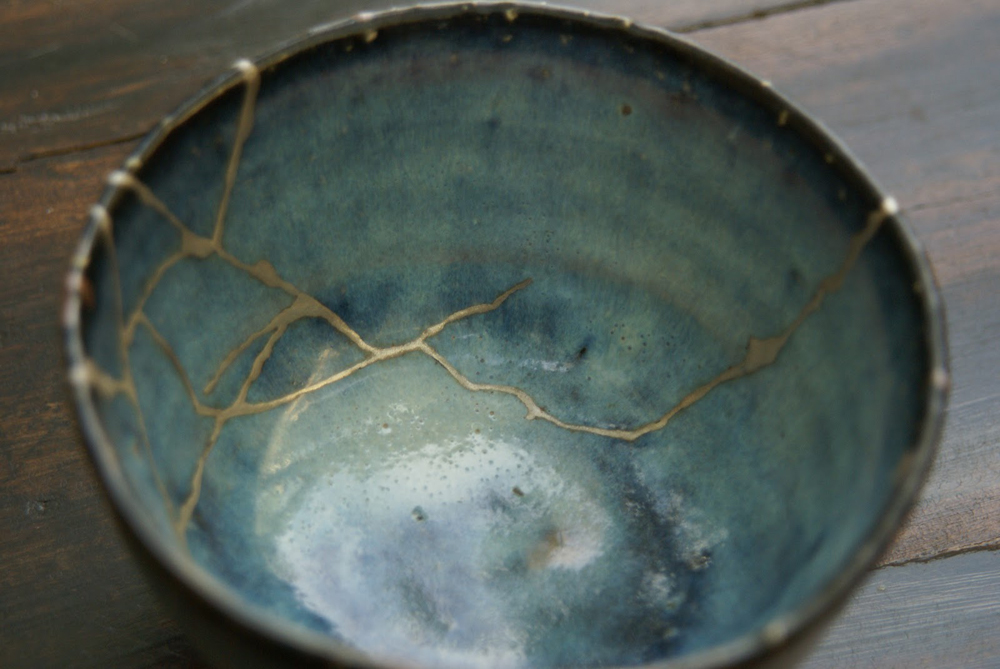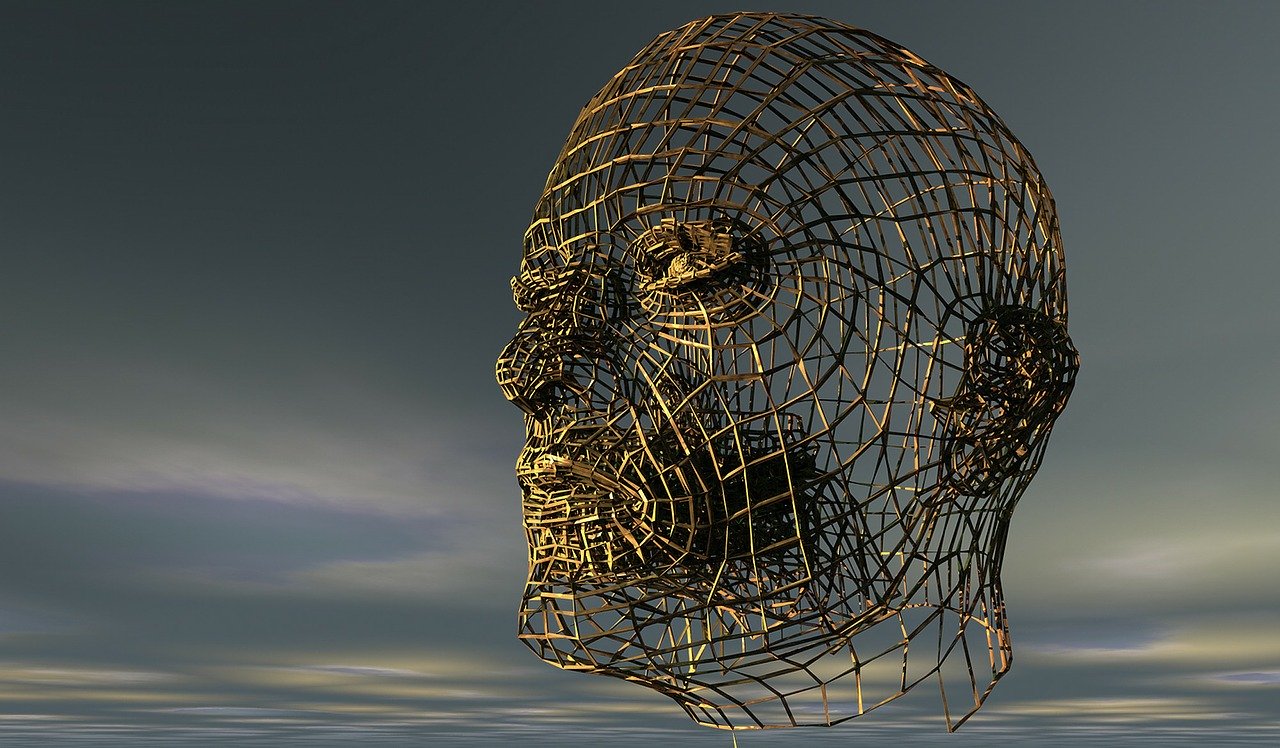“I’m never going to be good enough”. Sometimes I just can’t shake that feeling. Ashamed of who I am, flawed, weak, shy, introvert. Not like the people who have it together, the happy people. You know the ones who are relaxed in their own skin. In short I wasn’t perfect and I knew it.
My unhappiness can be traced to many things but one of the biggest is the feeling people won’t accept me if they knew the real me. The one that makes mistakes, doesn’t know the answers, says something stupid. It’s the basis of my Social Anxiety.
It’s not just social situations, but also self help / personal development fostering the fear we’re not good enough. We often think of it as a process towards something better. Mastering a skill, gaining insight or knowledge. We read books, go to workshops seminars, all to become a ‘better person’. to improve ourselves.
Self help, like society can be a poisoned chalice.
The Notion of perfection
We think of a perfect world, a utopia, perfect wisdom, perfect beauty. A perfect circle, perfect life, son, partner etc. A perfect being we called God. The idea is that perfection should be our goal. So we aim for perfection in our deeds, desires, wants, our work, and everything.
Failure, mistakes are a direct threat to that plan so we avoid them at all costs. The fear of not matching up to such high standards is what drives our anxiety. We avoid other people and meaningful work because perfection makes us afraid to even try. Our mind goes into overdrive about what might happen the moment our flaws are revealed.
Anxiety is the effort our minds undertake in trying to be good enough, or worry that we’re not.
With this attitude it’s a wonder we get anything done or satisfied with anything. We’re always looking ahead to what needs to be done, the weight we need to lose, the wealth we need to obtain, the friends we need to have, the knowledge we need to know.
It’s not just impossible goals that are the problem. It’s also the route we take to get there. The straightest, easiest, linear route to the result. The need for things to go smoothly results in doubt when we find ourselves struggling. We doubt our capacity, the choices we made, and our suitability for the task we have set ourselves. It’s the perfection of effort, efficiency.
The Idea of Perfection has to be one of the biggest roadblocks in our own lives. It’s asking us to suppress a real part of ourselves, our more negative side of anger, fear, aggression, jealousy, envy and so on. It’s asking us to reject the imperfection of reality.
What it creates within us is Shame, and a intolerance towards the world.
The Toxicity of Shame
It is the false shame of fools to try to conceal wounds that have not healed.
Horace
Shame is the feeling of unworthiness, and it’s linked to our identity. (Compared to guilt that’s more temporary and specific to behaviour.) It’s the thought that we’re not good enough and never will be. Along with the fear at what others might think if they ever found out the truth about us. Such feelings could drive some to suicide and it contributes to the major mental health issues we have.
Shame is splitting ourselves down the middle into what’s acceptable and not and trying to hide the uglier part. (what Jung called our Shadow self ).
At the worst, it’s self-harm. Metaphorically we
carve out our identity with the painful tools of others. Taking the barbs, jibes, blades other people use to hurt us and turning them upon ourselves.
Scar by scar, the wrongs, the mistakes and failures become etched into us. Nothing but a wretched being unworthy of love and care.
But a house divided against itself cannot stand. You can’t deal with the rest of the world until this internal tension is resolved. If you can’t accept yourself you will always be at war.
This division comes about because we don’t trust ourselves. So we embark on a self-improvement drive against ourselves. With success being the victory of our noble side over our depraved side.
Shame and fear compels us to remain alone for self protection, making sure people don’t see our flaws. This compounds the problem because now people are not talking to you. So you feel more alone, and the unworthiness creates a downward spiral. Despair feeding more despair. Just the flicker of hope is left.
It was this hopelessly idealistic attitude and shame I had to let go of to find the happiness I sought. Accepting life as imperfect and messy left me feeling more relaxed and far less rushed than my younger self.
Perfection was not only harmful but it doesn’t even match our experiences in life.
Below are 8 thoughts to help free you from perfectionism.
Nature doesn’t do perfection
“Success is stumbling from failure to failure with no loss of enthusiasm.”
Winston S. Churchill
What’s perfection in a world of change? What does it mean to be perfect, without flaw, if the world is always in motion?
Perfectionism fails to accept that reality is messy, that people can be idiotic, cruel and unkind. We say that anger is a negative emotion. But that’s simplistic definition because getting angry can be a good thing. We get angry at perceived injustice. It gives us the motivation to fight against it.
So our so-called flaws aren’t flaws but characteristics. Traits that can be useful or dangerous.
Nature doesn’t do perfect because it’s not about standards, but what works. Evolution is never about creating a perfect Swan, Platypus or humans, but survival. In a changing world adaptation is the trait that ensures this.
Lack of trust in ourselves
To aim for perfect is to is to lack trust in ourselves as we are.
But a lack of trust in ourselves is a conclusion that refutes itself. Because you can’t trust the idea “I’m untrustworthy” because that claim too is unworthy of trust.
Being flawed doesn’t mean you can’t be trusted or that everything you do is worthless. Trusting ourselves is to accept and acknowledge that though we do make mistakes. We have the ability to do better, to become wiser.
Absurdity reveals itself
A sharp blade is easily blunted
The most obvious problem with perfection is that is so obviously impossible. It sets up a futile and desperate struggle towards a destination that we will never reach.
Like the greyhound chasing the rabbit at the race track. Acceptance never arrives completely, life remains a competition, a challenge. There’s far too much work and worry to be doing. Which leads to overwork, stress, burnout, perpetual dissatisfaction, and suffering.
Because failure is no longer an option we worry over even starting a project, paralysed with fear.
It also falls foul of the law of diminishing returns. Above a certain point what you get out of the work becomes less than the work you put it.The closer you get to perfection the more energy and time you have to devote to it.
That energy can be put to better use in other ways.
Our culture of perfection
“I can’t give you a sure-fire formula for success, but I can give you a formula for failure: try to please everybody all the time.”
Herbert Bayard Swope

The idealism we see in ourselves is a reflection of the idealism in society. Despite the claim our society is compassionate and tolerant, in many ways it’s punitive and judgemental.
Society simplifies people by pigeon holing and stereotyping them them.
Our parents, peers, siblings, along with the media. They all shape the box we’re expected to fit into. It always starts with moralising, which leads to and judging, shaming, and prejudice.
This the basis of our suffering. Not living up to others expectations (as if we’re supposed to!). It explains why life seems to feel like a desperate hustle for others approval.
‘Where did they get the authority to judge us?’ ‘Why are they the ones who decide what’s perfect?’
‘Who put them in charge?’ ‘Who gets to decide what values are important?
I had to see through their claims and realise they had no authority. Once I figured this out I was free to define life on my own terms.
The Eastern View on Perfection
“The renowned seventh-century Zen master Seng-tsan taught that true freedom is being “without anxiety about imperfection.”
Tara Brach, Radical Acceptance: Embracing Your Life With the Heart of a Buddha
By contrast with the West the Far East has a different outlook on the world. Ideas from Buddhism and Taoism understand that the cosmos is not about flawless perfection.

One manifestation is the idea of Wabi-sabi. It’s about accepting reality as changing, and life as impermanence. The lesson is about letting go.
It’s difficult because it means accepting the world doesn’t revolve around you, the world doesn’t owe us anything. Chance always is involved and we can’t account for or explain, compensate, remove that chance.
An example is the Kintsugi bowl. Pottery that has been broken either by accident or design and repaired using gold leaf.
This is an artistic, aesthetic appreciation of the imperfect. Where western art is about the flawless beauty of the gods and heroes, like Michaelangelo’s David. Wabi-sabi takes appreciation of a cup or a vase that has been damaged and cracked.
It’s beauty lies in its brokenness, it’s imperfection.
Such art is a reminder that the world is not perfect, that things break and crumble, beauty fades and people die.
To live well in the East is to appreciate life with all it’s transient and imperfect nature. To live in the moments we have.
The West, by contrast, has us chasing a fantasy. Our lives have become frantic.
Mistakes
‘I have not failed. I’ve just found 10,000 ways that won’t work.’
Thomas A. Edison
Another reason why we shouldn’t fear mistakes so much is they’re indicators for growth. We often learn more from our mistakes than our successes.
Such failures lay bare our lack of skill, determination, or knowledge. They gives us clues on what to work on next.
Failure is a sign that at least you are making the attempt, that you’re out there trying. Showing up is half the struggle (or 80% according to Woody Allen). Fear of failure can mean we never try , so we never have a chance of success.
Unity and Acceptance
There is beauty and humility in imperfection.
Guillermo del Toro
Given all this one way of looking at personal development is not so much growth but putting ourselves back together. The process is to find those lost pieces of ourselves again.
It’s as if we went one way, and our true selves went another. So there’s now a feeling of being lost, disconnected. We made a wrong turn somewhere, or got stuck in a rut.
We’re a mosaic of different pieces, some we like, others we don’t. Keeping the less likeable side hidden behind a veneer of civility, but it’s a part of us.
Progress is no longer denying it, but accepting the world and ourselves as a bundle of different facets, forces, influences, connections. Many in contradiction to each other. This is why we feel conflicted much of the time, and why we long for inner peace.
Life then is a juggling, balancing act seeking the mind, the life that allows us to be all that we can be.
Integration is about honouring everything that makes up who you are. Not neglecting certain aspects because they’re unacceptable. Our complexity is what makes us interesting and unique.
One of the most pervasive and most destructive ideas I had to give up on is perfection as a goal or aim. The idea of perfection can be harmful in many ways.
Perfectionism makes us fragile because we tend to avoid risk because we might fail, fear looking foolish. We try to avoid embarrassment because we feel shameful.
Perfection leaves us perpetually unsatisfied, with an attitude that is always all or nothing, never one to accept the nuance of reality, makings mistakes and learning from them. Perfectionism has us become obsessed with efficiency, right and wrong, complexity and nuance.
It sucks the enjoyment out of things create shame and low self-worth.
The desire for perfection in ourselves, is setting ourselves up to fail. People can’t be split down the middle, simplified, leaving only the ‘sugar and spice and all things nice’ part.
That’s a personal form of gentrification (the renovating of neighbourhoods into upper class residency). Getting rid of the ugliness within ourselves. It leaves us feeling fake, an imposter. As if we’re wearing a mask that’s always in danger of slipping.
Denying what exists is illogical and doesn’t work. The road to happiness is based upon acceptance. We must deal with reality in all its messy complexity, including the parts we don’t like. It’s a difficult but liberating process along the road to address our suffering.
From a toxic culture and society we’ve been taught purity and perfection. Taken on board we become ashamed of our flaws and afraid we will never measure up.
There comes a point where you have to let go and stop trying to live up to others expectations. Life is too short to be chasing impossible dreams. Instead embrace the complexity that is you and accept it’s not about being perfect, but knowing you are worthy despite your flaws and failures.
If you have any thoughts on your struggle to be perfect, please let me know in the comments section, I would like to hear them.
Image Credit : Image by Reimund Bertrams from Pixabay

